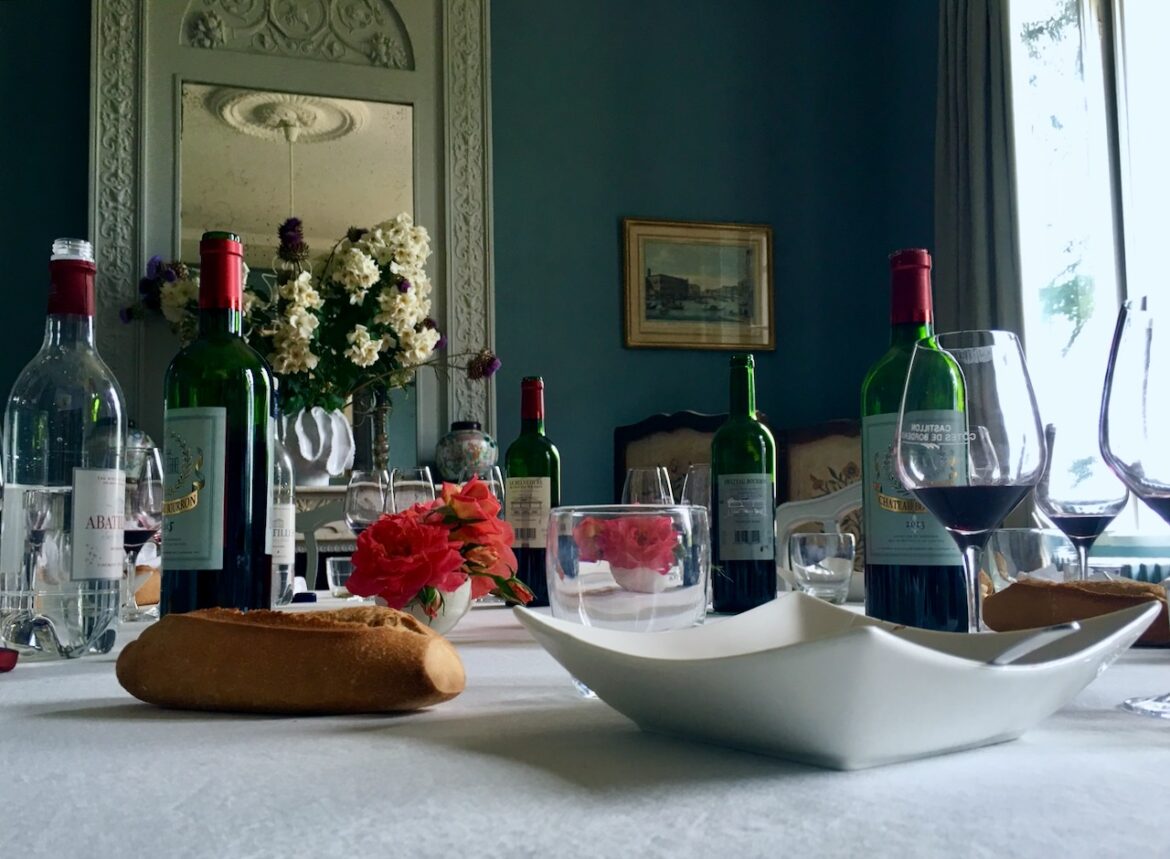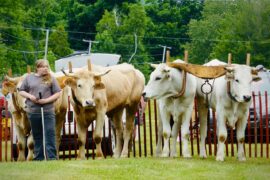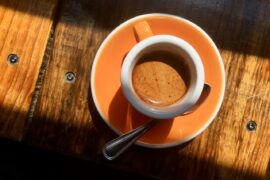Writer and New Orleanian David W. Brown reflects on the way his city came together in darkness over a glass of wine. “After Ida, through wine and conversation shared beneath dark, starry skies, the communal city was reinvigorated with comity and solidarity.”
Porch Wine After the Storm in New Orleans
In Wine Business, Jess Lander talks to winemakers about their experience working in the cellar and at the blending bench while pregnant and parenting. “Physically, I was a mess. I had a baby who wouldn’t sleep, and he would wake up every two hours. I was up all night. It was very, very grueling.”
The Elephant in the Cellar: The Unspoken Challenges for Mothers in Wine
Saffron production is tedious, time-intensive, manual, and demanding, but it has the potential to help farmers in northern climes realize an influx of cash during lean winter months. Sophia F. Gottfried has the report in Modern Farmer. “Those growing saffron in Vermont, and elsewhere in the US, hope the fact that consumers are increasingly focused on supporting small and local food businesses, who can offer them a true and certified product, will help build on this appetite.”
How Vermont Became an Unlikely Hotbed for Saffron
In the Tablas Creek blog, Jason Haas unpacks the absurdity of the National Organic Standard as it applies to wine. He believes it has actually suppressed the growth of the category, chalking it up to “a quirk of history and marketing from an unusual coalition of anti-alcohol interests, natural wine purists, and sulfite-free wineries: all parties with a vested interest in making organic wine hard to achieve.”
Fruit Snacks, Organic Wine, and the Dilemma of “Made With”
Donald Stevens is chief of the Nulhegan Band of the Abenaki Nation in the unceded territory of northern Vermont. Chief Stevens has forged a partnership with researchers at Sterling College, Middlebury College, and University of Vermont to grow-out a seed bank of heritage Abenaki food crops. “We went about this effort as a means of feeding the people; providing free, culturally relevant seeds; and educating about growing and seed saving.”
Abenaki partner with Sterling College to cultivate long-lost crops
The effort’s also detailed in the 2022 High Mowing organic seed catalog (PDF, p. 29)
In Club Oenologique, Nina Caplan issues an elegiac cri de coeur that deftly sums the sentiments of wine writers who’ve been, for two years now, deprived of the chance to meet with producers, explore their terroirs, and taste around their tables. “Sometimes, an imaginative journey simply won’t suffice, and I’d like to brush that pale soil, a crumbling memory of ancient catastrophes, and admire the unconventional vines that thrive in it.”
Next year, I want to drink wine with the people who made it





Travel…a dream. Maybe someday again a reality.
Here’s hoping.